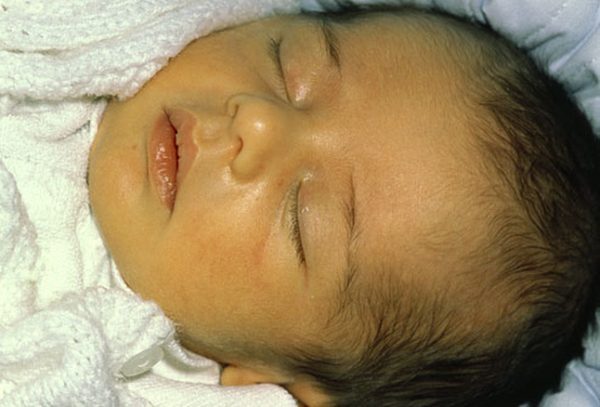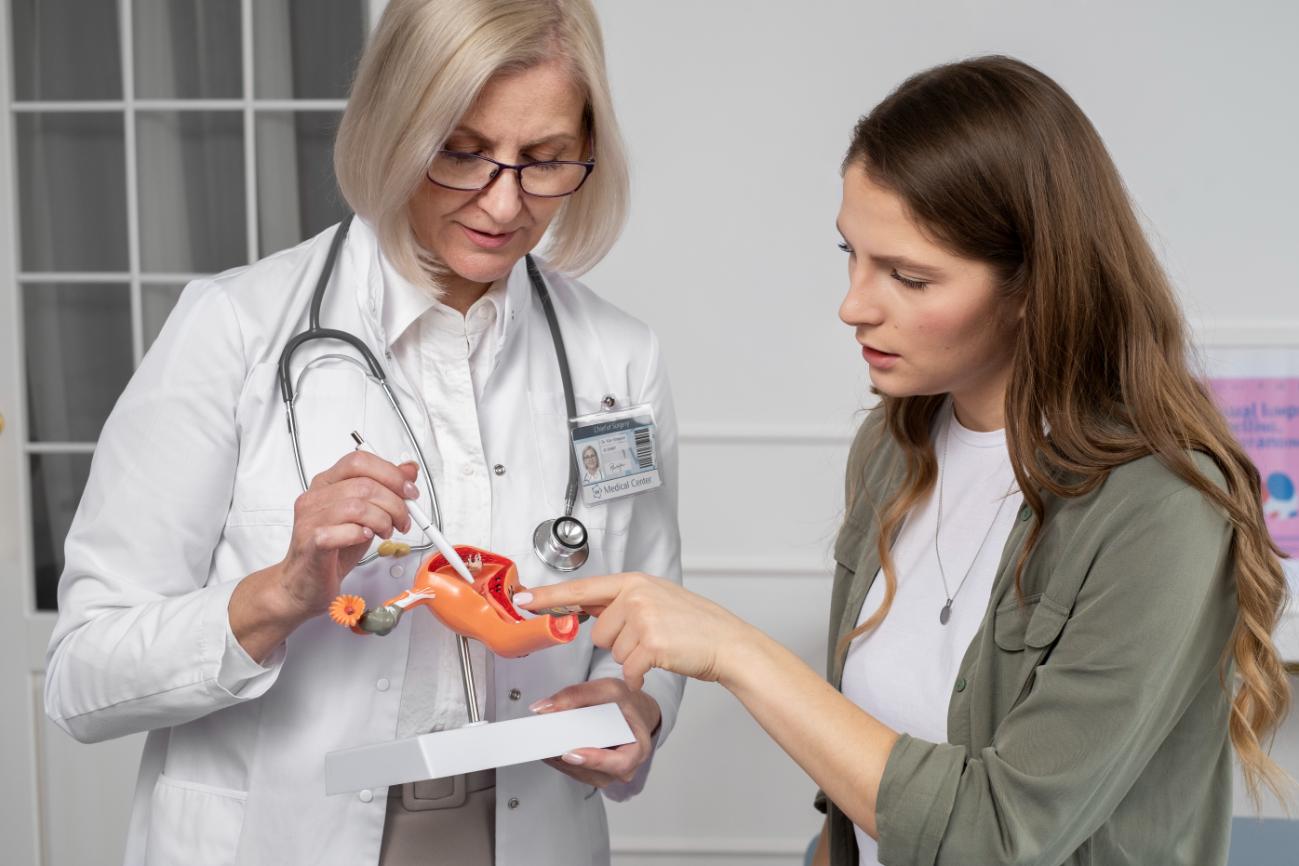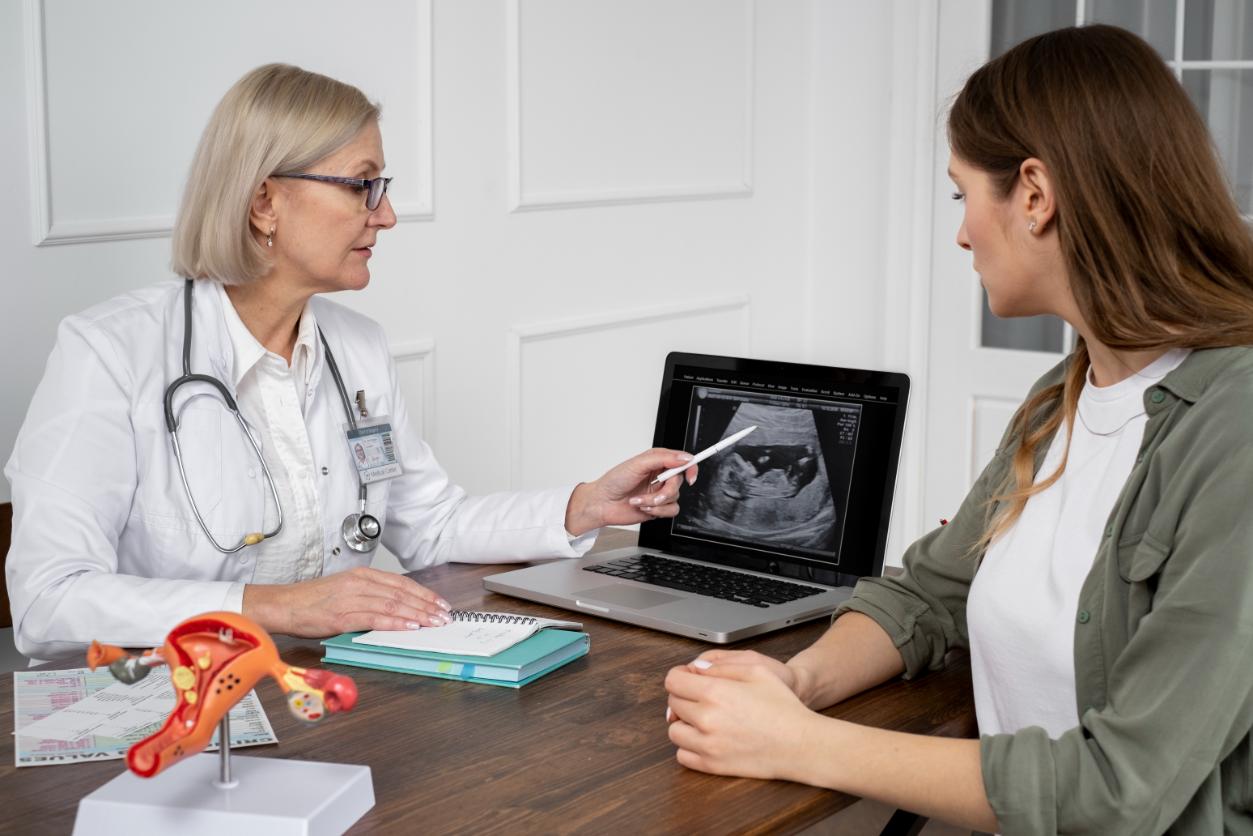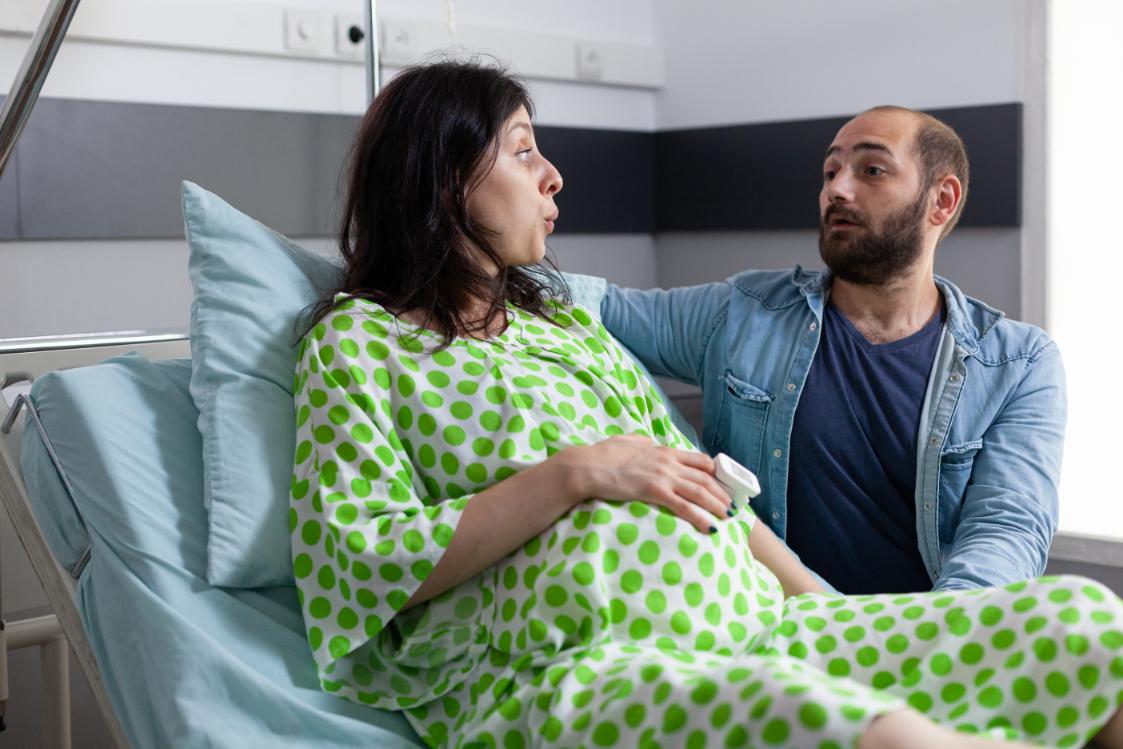PCOS and PCOD – What’s the Difference?
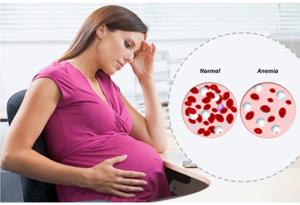
Know the main differences between PCOS and PCOD to tell them apart. PCOS is more common and is caused by hormone changes, like having too much testosterone or cysts on the ovaries, which can lead to acne and weight gain. On the other hand, PCOD is marked by high testosterone levels, ovarian fluid buildup, weaker symptoms, and a higher chance of becoming pregnant. Periods that don’t come on time, acne, weight gain, and infertility are all signs of PCOS.
For PCOD, look for periods that come and go or are missed, too much hair, acne, infertility, and ovarian cysts. Knowing these differences helps managers do their jobs better. If you’re interested, more information about these situations is waiting for you.
Difference between PCOS and PCOD?
Let us differentiate between PCOS and PCOD.
PCOS is more common and is caused by hormones not working right.
PCOD, on the other hand, is marked by making too much testosterone.
Knowing the difference between these conditions can help you figure out what you might be having.
PCOS
It’s important to know that PCOS is marked by a lack of hormones in order to tell it apart from PCOD. PCOS is mostly a chemical problem caused by the ovaries making too much testosterone. Small cysts can form on the ovaries because of this chemical imbalance.
In addition, people with PCOS may have signs like acne, weight gain, and hair loss because their bodies have too much testosterone.

It is important to know about these hormonal differences between PCOS and PCOD because they affect how each disease shows up and how it affects the body. By figuring out the exact hormonal changes that cause PCOS, doctors can make sure that treatment plans effectively address these underlying issues.
If you think you might have PCOS based on these hormonal signs and symptoms, you should see a doctor right away to make sure you get the right evaluation and treatment.
PCOD
How is PCOD different from PCOS? PCOD is marked by the ovaries storing too much fluid and making too much testosterone.
This is what makes PCOD different from PCOS:
Less Severe symptoms: The signs of PCOD are usually not as bad as those of PCOS. Some conditions, like having too much testosterone and too much fluid in the ovaries, can cause cysts to form, but the symptoms are generally not as bad.
Fertility: When it comes to getting pregnant, women with PCOD have a better chance than women with PCOS. Compared to PCOS, where hormone problems are more common, PCOD may make it easier to get pregnant because of its less severe hormonal imbalance.
Underlying Cause: The main cause of PCOS is a problem with hormones, but PCOD is caused by too much fluid building up in the ovaries. Being aware of this important difference can help doctors correctly diagnose and treat these illnesses.
Signs of PCOS and PCOD
Let’s talk about the signs of PCOS and PCOD
Some signs of PCOS are: – Periods that don’t come on time – Gaining weight – Acne – Hair growth that is too fast
On the other hand, PCOD signs can show up as: – Periods that don’t come on time – Pain in the pelvis – Having trouble getting pregnant
Knowing these signs can help you tell the difference between the two conditions and get the right care.
PCOS signs and symptoms:
Periods that don’t come on time, acne, weight gain, thinning hair, infertility in women, and dark spots on the neck and armpits are all common signs of PCOS and PCOD. The intensity of these symptoms can vary, and they may have a big effect on your life.
Also Read: How Effective is IVF Treatment in the Case of PCOS?
When you deal with these signs, you may have to deal with these three emotional problems:
Frustration: Dealing with periods that come and go and the uncertainty they bring can be stressful. Your periods may make it hard to make plans for your life because they change all the time.
Self Esteem: Having to deal with acne, weight gain, and too much hair growth can be hard on your self-esteem. If you think your body is lying to you, you might lose trust and have a bad view of your body.
Grief: If you are a woman who is having trouble getting pregnant, you may feel sadness and loss as you go through the challenges of trying to have a baby. It’s important to get help and know that these feelings are real and normal.
PCOD signs and symptoms:
Some of the symptoms that can be confused with PCOS and PCOD are periods that come and go or are missed, acne, infertility, ovarian cysts, and high amounts of male hormones.
Also Read: What is PCOS? PCOS Symptoms, Causes, Diagnosis, and Treatment
When you have PCOD, your male hormone levels may be higher than normal, which can cause acne and extra hair growth on your face, chest, and stomach. PCOD can also cause infertility because the mismatch in hormones can stop ovulation.
As the name suggests, ovarian cysts are common in PCOD, which can cause pain or discomfort in the abdomen. In people with PCOD, having high amounts of male hormones can also lead to changes in the voice, hair loss, and muscle gain.
Because these symptoms can be mild, moderate, or severe in different people, it’s important to see a doctor to get a correct diagnosis and the right treatment.
To correctly diagnose and treat these diseases, you need to know the differences between PCOS and PCOD. By learning about the differences, you can take the steps you need to take to your health well. Remember these three important things:
Do not be afraid to get help. If you are having signs of PCOS or PCOD, do not wait to see a doctor. Finding and treating these problems early can make a big difference in how well they work for you and your quality of life.
Work together with your healthcare provider. It’s important to work closely with your doctor to get a correct evaluation and make a personalised treatment plan. Your doctor can help you understand PCOS and PCOD better by giving you advice, support, and their professional opinion.
Take charge of your health: Take charge of your health by following your treatment plan, making changes to your lifestyle, and going to regular check-ups. If you take charge of your health, you can live a happy and healthy life even if you have PCOS or PCOD.
Questions People Ask Often
Can people with PCOS and PCOD get better?
Yes, both PCOS and PCOD can’t be cured fully, but the symptoms can be controlled well with medicine, lifestyle changes, and other treatments. Talk to your doctor or nurse to make a plan that fits your needs.
Is there a certain diet that people with PCOS and PCOD should follow?
A healthy diet full of whole foods, fibre, and lean meats is important for people with PCOS and PCOD. Cut down on artificial carbs and processed sugars. To keep your blood sugar levels steady, drink plenty of water and think about eating small meals more often.
Is it possible to have PCOS and PCOD at the same time?
You can have both PCOS and PCOD at the same time. It’s important to see a doctor if you think you might have both illnesses so they can properly diagnose and treat you.
What can go wrong with PCOS and PCOD over time?
Long-term problems that can happen with PCOS and PCOD include not being able to have children, getting type 2 diabetes, heart disease, and uterine cancer. To avoid problems, it’s important to take care of these conditions by making changes to your lifestyle, taking medications, and going for annual check-ups.
Can PCOS or PCOD make it harder for women to get pregnant?
PCOS and PCOD can mess up a woman’s hormone levels and ovulation, so it’s important to get help from a doctor to properly identify and treat any fertility problems they cause.
In conclusion
If you know the difference between PCOS and PCOD, you can better understand your symptoms and get the right help.
Keep in mind that PCOS is a hormonal problem and PCOD is marked by high testosterone levels.
You can work with your doctor to take better care of your health and make your life better by figuring out what problem you may be dealing with.
Know what’s going on with your health and take action!
Feel free to contact us for appointments and queries.
Mobile Phone No: 8921727906, 918547424080
Telephone Number: 0471- 2544706
Email: info@kjkhospital.com


